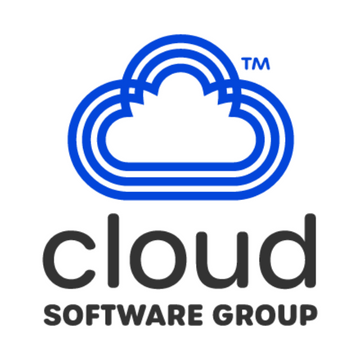The Great Resignation has left organizations struggling to retain staff and fill open positions. And, while the industry as a whole may be optimistic about accelerated growth, the insurance sector is no exception to these hiring challenges.
In fact, according to a survey from Accenture, six in 10 insurers ranked hiring or training as their top priority to address customer needs. With the UK also in the midst of an ongoing skills shortage, the fight for talent has never been greater.
To attract and retain workers when loyalty is at an all-time low, insurance leaders must make culture and engagement a key priority. From hybrid and flexible working policies to technology and even sustainability, today’s workforce won’t settle for anything less than the best.
Tech for Talent and Transformation
Accelerating digital transformation efforts and attracting talent were two major trends that analysts predicted for the insurance industry this year. However, the two do not need to be seen as mutually exclusive.
While we often think of digital transformation as being beneficial for broader business operations and agility, it’s also a critical factor when it comes to hiring.
Today’s workforce is digitally native and will therefore favor an employer that provides them with the best technology to do their job. Employees don’t want to use outdated tools that hinder their productivity, nor do they want to have to compromise their user experience for the sake of legacy systems and applications.
With many traditional insurance organizations held back by legacy technology and archaic platforms, digital transformation initiatives must be prioritized and fast-tracked to remain attractive to potential candidates.
Incentives such as higher salaries and additional annual leave still remain attractive, but due to the shift to hybrid and remote work, technology is now on par. In a survey from Workfront, almost half (49 percent) of U.S. workers said they are likely to leave their current job if they’re unhappy or frustrated with the technology they use.
Sustainably Conscious Staff
Alongside digital transformation, sustainability and ESG are also priority areas for insurers. This is, in part, due to the increased focused on CSR initiatives, but also because the EU’s Sustainable Finance Action Plan requires insurance companies to take their ESG factors into account when providing advice to clients.
However, the push to become more sustainable isn’t just coming from industry regulations or customers. Employees, particularly younger generations, have grown up with an increased awareness of climate change, the environment, and the impact of businesses actions on wider society. As a result, they expect companies — including their employers — to be transparent and accountable in their ESG efforts.
For insurers wanting to stay competitive in the fight for talent and become more attractive to environmentally concerned staff, moving workloads from on-premises to low-carbon hyperscale cloud datacenters are a good place to start.
In the majority of traditional on-premises data centers, as many as 15 percent to 30 percent of servers that are powered on are idle. In addition, more than 80 percent of on-premises datacenters continue to consume electricity created from fossil fuels, whereas many hyperscale service providers have switched to predominantly renewable energy sources making them much more efficient and environmentally friendly.
Hand-in-Hand with Hybrid Work
Going together with both technology experience and sustainability is hybrid work. Old laptops and desktops are not only unappealing to staff due to them being slow and hindering productivity, they also typically provide more computing power than the employee actually requires. Add this wasted power up over the entire workforce, and that’s a substantial amount of unnecessary consumption.
By embracing a more flexible working culture, insurers can not only save energy and reduce their carbon footprint, but they can do so knowing their staff are receiving the flexibility they desire. Remote and hybrid work are now the norm, and employees expect the freedom and flexibility to work when, where, and how they want. Insurers must provide this is order to attract and retain talent in what remains one of the most competitive markets.
Providing an employee experience is more critical now than ever before. Insurers must design a modern, flexible, sustainable, and high-tech working environment to attract and retain the best talent. For an industry that has historically lagged behind others when it comes to digital transformation and with the location barrier now removed, insurance companies are free to hire talent regardless of where they are based, opening up a wider pool of potential recruits.
Learn how Citrix solutions can help insurance companies provide employees and customers with secure instant access to apps and data on any device, over any network or in any cloud environment.



